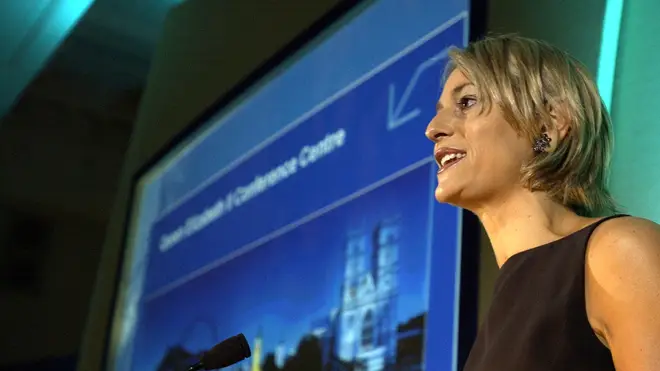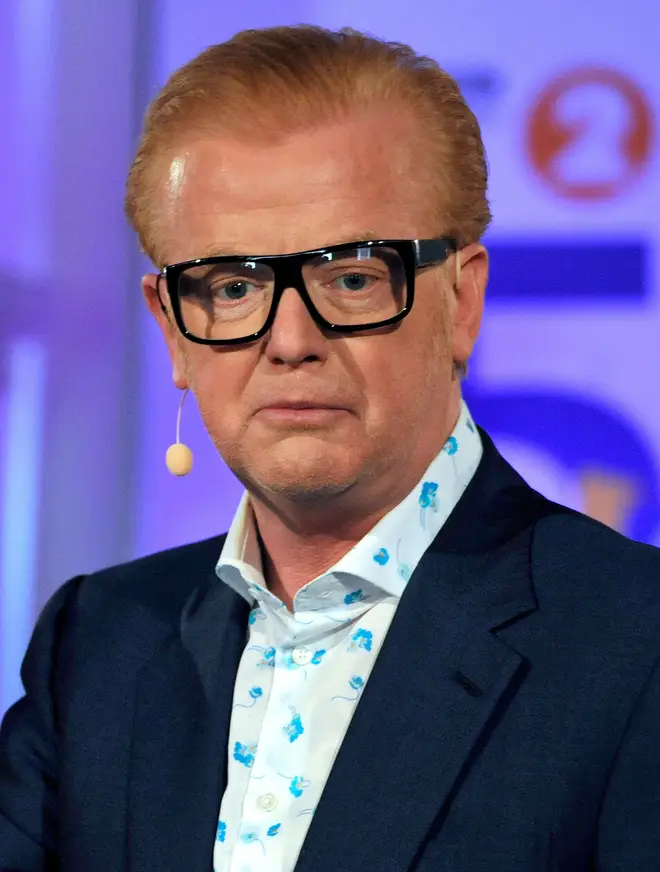
Ian Payne 4am - 7am
23 July 2017, 15:52 | Updated: 23 July 2017, 16:25
Stig Abell thinks the public could be missing a key message in the row over pay at the BBC.
The BBC has responded to criticism after a list outlining their top earners showed a stark difference in pay between men and women.
The corporation has said that change cannot happen "overnight" after 40 women, including many household names, signed a strongly worded letter open letter to director-general Tony Hall.
Presenters Clare Balding and Angela Rippon, One Show host Alex Jones, Antiques Roadshow's Fiona Bruce and Newsnight presenter Emily Maitlis were among those to press for the issue of pay inequality to be dealt with "now".


But Stig Abell thinks there's another issue which needs to be discussed - the class gap.
He said: "You've been bombarded by stories about the BBC pay over the last few days. Clare Balding versus Gary Lineker, Claudia Winkleman versus Graham Norton, it's annoyed me a little bit.
"Because who really cares if a bunch of millionaires and near-millionaires get paid more or less than we think they should do, or less than one another?
"It's been fascinating, I suppose, to rubberneck on other peoples' salaries, and we all get a thrill from that, don't we?
"But I don't really care about these top level details. I just don't. I think that women and men should get paid the same amount for the same amount of work.
"I care that 400 people working at the BBC get paid less than £20,000 a year. I'd love to know that a female junior producer there, gets the same as a male junior producer there.
"I'd like to know that happens at LBC too, to be honest, and I don't. BBC presenter jobs will always be different, based on experience, popularity, market value, tenacity of agent, so let's stop talking about that.
"But let's talk about something else that has arisen out of the argument: the great British issue of class."
The LBC Presenter said 45 per cent of the names on the top 100 BBC earners went to private school, but just seven per cent of the country are privately educated.
He said: "So at the BBC at least, we can assert, that if you're posher, you do better."
Stig went onto explain how the BBC is not alone in favouring independently educated people.